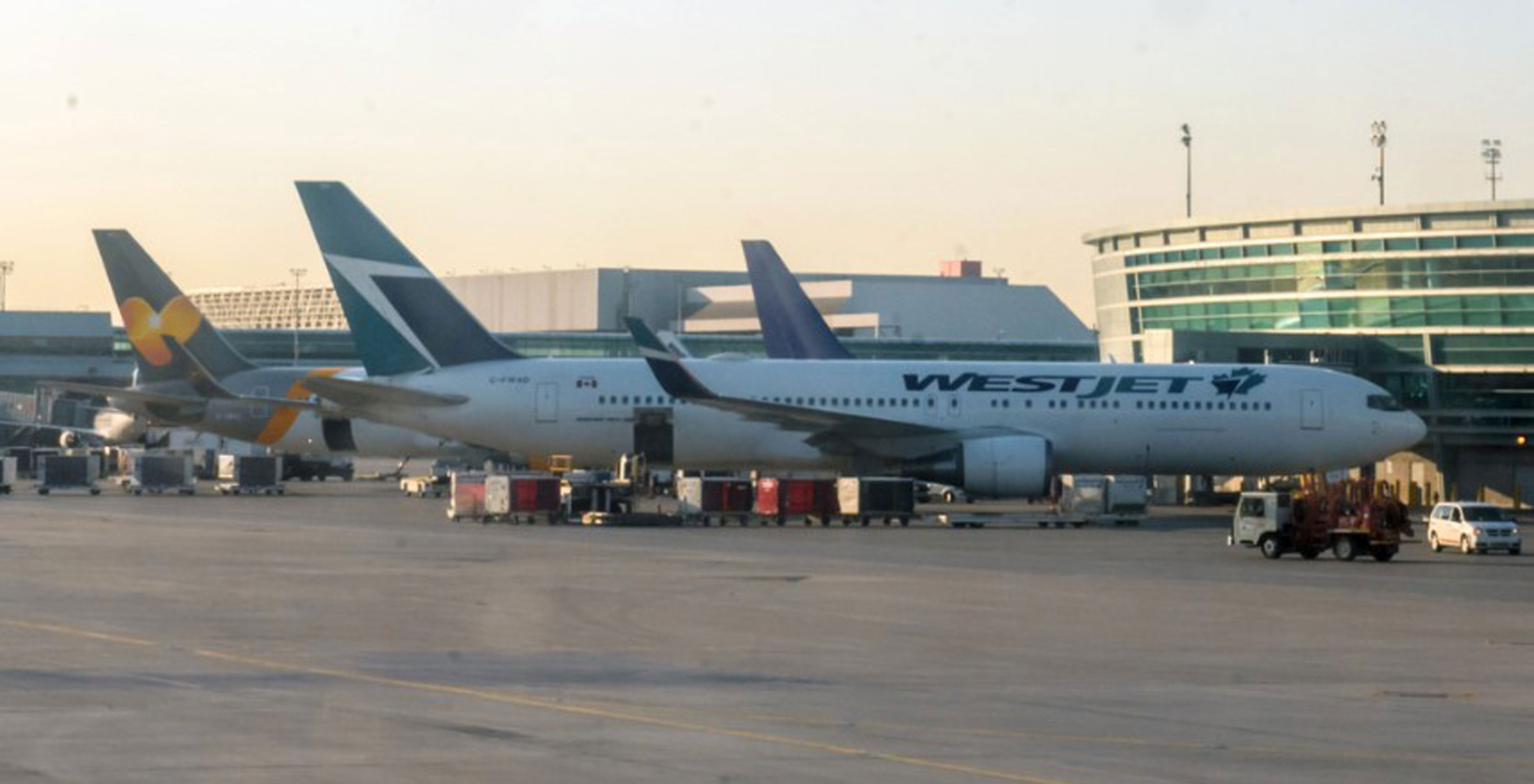
The World Economic Forum has partnered with the governments of Canada and the Netherlands to launch a paperless travel pilot project between the two countries.
It’s a collaboration between border authorities, airports, technology providers and airlines.
The project uses Known Traveller Digital Identity (KDTI), a platform that allows travellers to manage their identity for international paperless travel digitally. Canada and the Netherlands will integrate KDTI at select airports and test it internally through 2019. The first end-to-end paperless journey is expected to take place in early 2020.
For passengers, this means the identity data typically stored in a chip on a passport will be securely stored and encrypted on a mobile device instead. Then, passengers can manage their identity data and consent to share it with border authorities, airlines and other pilot partners in advance. Plus, the data is checked at every part of the journey between departure and arrival using biometric data — no need for a physical passport.
Over time, passengers will establish a ‘known traveller status’ by accumulation ‘attestations’ or claims that are proven by trusted partners, like border authorities. This creates a reusable digital identity that will streamline interactions with governments, airlines and other partners.
“By 2030, international air travel is expected to rise to 1.8 billion passengers, up 50% from 2016. With current systems, airports cannot keep up,” says Christoph Wolff, the World Economic Forum’s head of mobility. He hopes that KDTI can help alleviate the pressure.
Air Canada, KLM Royal Dutch Airlines, YUL Montreal-Trudeau International Airport, Toronto Pearson International Airport and Amsterdam Airport Schiphol will join the governments of Canada and the Netherlands in this pilot project. Technology and advisory partner Accenture, along with technology component service providers Vision Box and Idemia will support the group.
Source: World Economic Forum
MobileSyrup may earn a commission from purchases made via our links, which helps fund the journalism we provide free on our website. These links do not influence our editorial content. Support us here.


